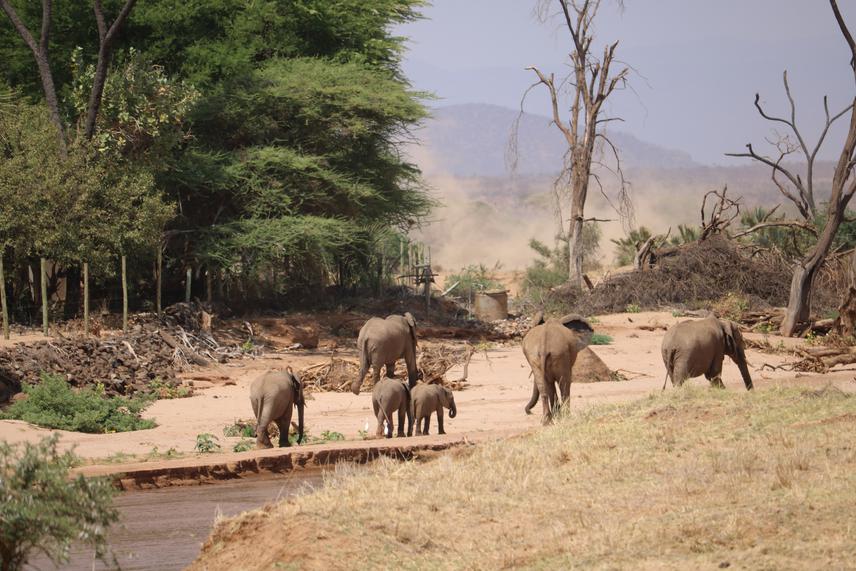Article featuring the project.
Sandy Oduor
Other projects
27 Aug 2019
Assessment of Physiological Stress in African Elephants in the Greater Laikipia/Ewaso Ecosystem, Kenya
23 Oct 2020
Understanding Nutritional and Physiological Stress Responses of African Elephants Exposed to Varying Land Use Types in Kenya to Aid Conservation Management
Two of the key drivers of population decline for endangered African elephants are habitat change and human elephant conflict, however, we do not understand how elephants respond to these two different but related pressure physiologically. Endocrine studies can better help in determining the causes of change in demography, behaviour, reproduction, and health which are not easily determined by observation alone. Additionally, endocrine studies provide an objective measure of an organism’s response to its environment, thereby eliminating bias that may come with interpreting environment change from a human perspective.

My study therefore seeks to determine how physiological (i.e., glucocorticoid) and nutritional (i.e., thyroid) stress response of African elephants varies 1) among wild elephants who are of different ages and social status, and who occupy different habitats and land use systems; 2) between released orphaned African elephants at Sera Wildlife Conservancy and age and sex-matched non-orphaned African elephants within Sera Wildlife Conservancy and Samburu National reserve; and 3) in crop raiding male African elephants during crop raiding and non-crop raiding periods.
This study will advance theoretical and empirical knowledge on the relationship between hormonal activity in African elephants:
1) ecological changes,
2) rescue, rehabilitation and release,
3) changes in diet, and
4) adoption of high-risk foraging behaviour.
Workshops will be held to report on the findings on how social trauma in elephant’s early stage of life physiologically thrive when released back to the wild. A workshop held will also provide landowners and policy makers on land use planning and the establishment of movement corridors within landscapes that are compatible with conservation.